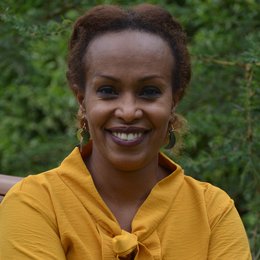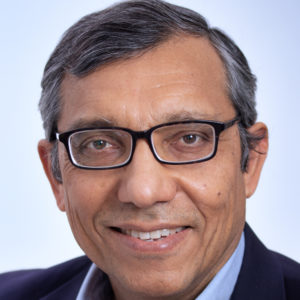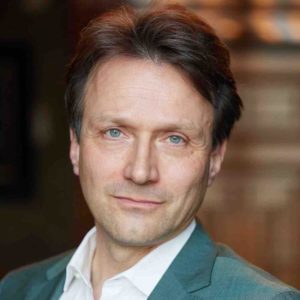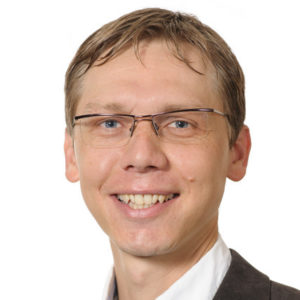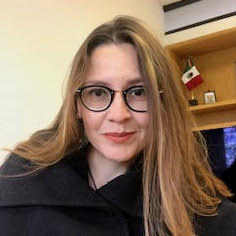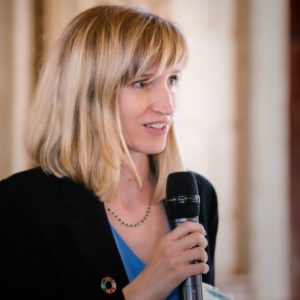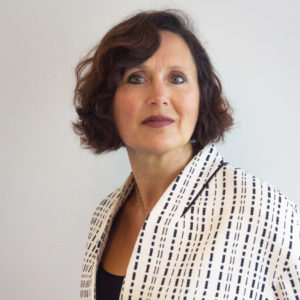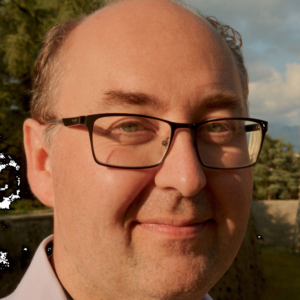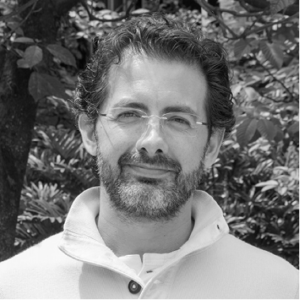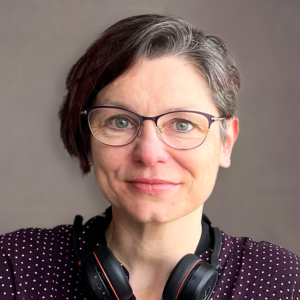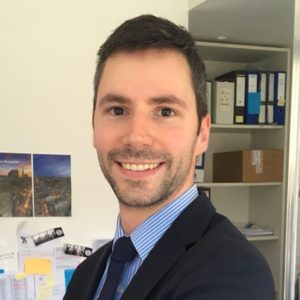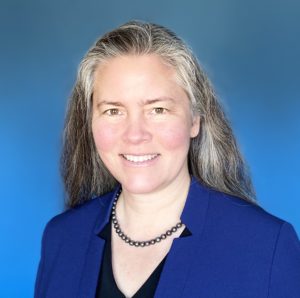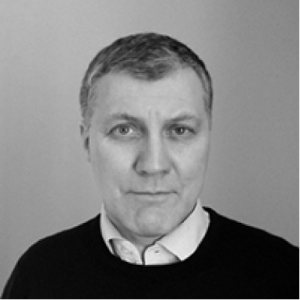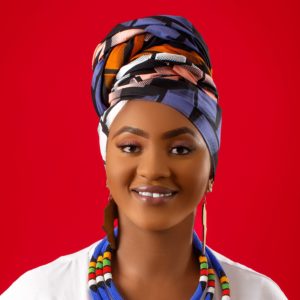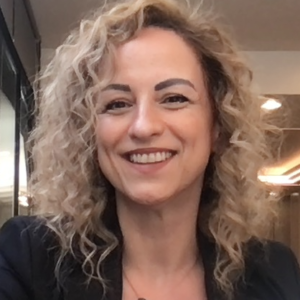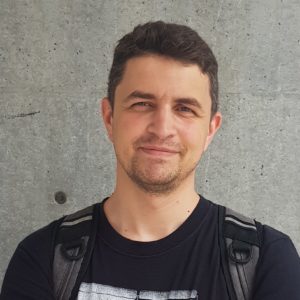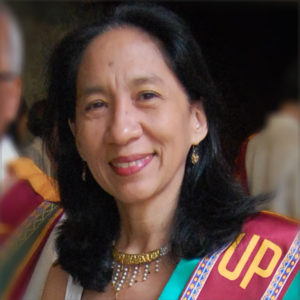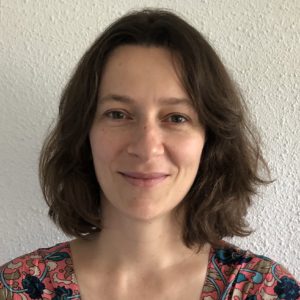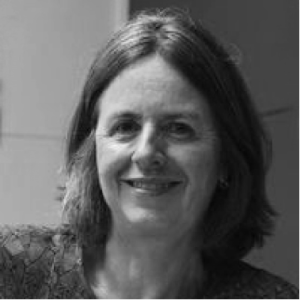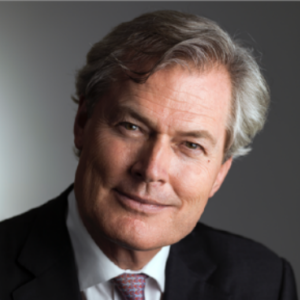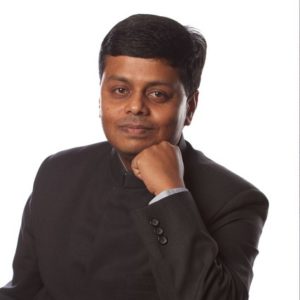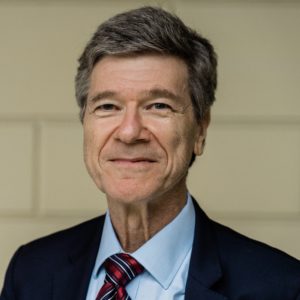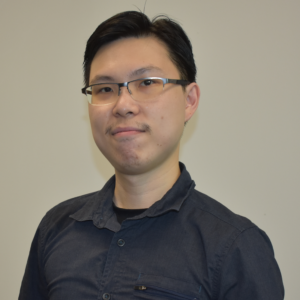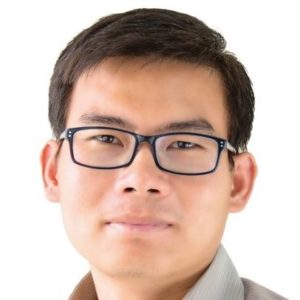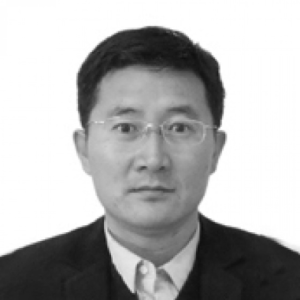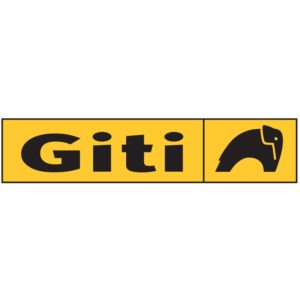SIDE EVENTS
2022 ICSD Speaker Series: Sustainable Development Leaders in the Workforce (PART THREE)
Wednesday, September 21, 2022, 11:00pm (20th) – 01:00am (21st) EDT
As a celebration of the ICSD’s 10th anniversary, the Masters in Development Practice (MDP) Program is organizing three sessions before and after ICSD where sustainable development professionals will discuss their current field of employment and its future, as well as what knowledge, skills, and personal attributes are crucial in the workforce of the 21st century. The goal of the speaker series is to enhance the impact and value of ICSD to students by expanding content on job readiness in the age of the sustainable development goals.
Speakers are asked to:
- Discuss their current job or company in relation to the sustainable development goals.
- Discuss the incentivization of sustainable development innovations in their sector.
- Share experiences in multi-disciplinary and multi-sectoral problem-solving.
- Examine what skills and knowledge is needed for early-career professionals to excel in their field well into the 21st century.
- Project changing needs in their sector.
**Separate registration required.**
—
Global Schools Advocates in Action: The Teacher Perspective on Transformative Education
Wednesday, September 21, 2022, 3:00am – 4:30am EDT
The Global Schools Program is a K12 network of 1,580+ schools and 1,350+ Advocates and program alumni from ~90 countries. Global Schools has been working internationally to support schools and educators with evidence-informed training and localized classroom resources to integrate sustainable development into school curricula, operations, and activities. Global Schools’ mission is to create a world where every primary and secondary school student is equipped with the knowledge, values, and skills necessary for effectively responding to the greatest challenges of this century and shaping a sustainable and prosperous world.
In this session, education practitioners and Global Schools Advocates will share their work integrating education for sustainable development into K12 school communities. Each educator will share a specific case study or experience in their own context. ICSD attendees will have the opportunity to hear best practices, lessons learned, and tips and strategies on the effective use of SDGs in the classroom. This practical session will inspire others and celebrate the international community of teachers on the occasion of the Transformative Education Summit, in support of Mission 4.7.
**Included in ICSD program.**
—
The Evolution of SDG Data Hubs : Featuring the SDG Data Alliance
Wednesday, September 21, 2022, 09:00am – 10:00am EDT
The Sustainable Development Goals (SDGs) are a call to action to find solutions for urgent social, economic, and environmental challenges around the world. To understand and effectively track progress on the SDGs, we need reliable, quality, disaggregated, and timely data. In recent years, geospatial data and tools have proven essential not only for monitoring and understanding the SDGs, but for disaster response, climate change action, health, infectious disease tracking, and more. They are important for helping us access more frequent data at a more granular level.
The UN, the Kellogg Foundation, the PVBLIC Foundation, and Esri launched the SDG Data Alliance in July 2021 to support the development of an SDG Data Hub for each of the 17 SDGs across developing nations in Latin America, Asia, and Africa. Based on geospatial frameworks and technology, the Data Hubs will assist developing countries in measuring, monitoring, and reporting on their progress toward all SDGs, with a focus on reducing inequality and will empower people to ensure inclusiveness and equality.
Esri is developing a solution template to support individual countries’ ability to create, organize, and implement an SDG Data Hub. The SDG Data Hub will assist countries in the monitoring and reporting of key SDG Data to illustrate and showcase progress toward the achievement of the 2030 Agenda.
This side event will provide attendees with an overview of the SDG Data Alliance, the SDG Data Hub template, and opportunities to collaborate.
**Included in ICSD program.**
—
Mapping Plastic Waste Challenge Winners
Wednesday, September 21, 2022, 10:00pm – 11:00pm EDT
An estimated 80% of plastic waste in the oceans comes from land-based sources and a substantial portion of that comes from unmanaged or poorly-managed dumpsites. Southeast Asia has become a hotspot for plastic waste, where over 75% of recyclable plastic is lost in Malaysia, Thailand, and the Philippines annually. To contain and clean up plastic waste from the land and ocean environments, governments need to understand where plastic waste is concentrated and use innovative approaches to collect timely information on plastic waste dumpsites.
Satellite imagery and spatial analysis can provide insight into the location and characteristics of plastic waste dumpsites and help monitor changes in near real-time. SDGs Today’s partner, Earthrise Education, has developed an Artificial Intelligence (AI) algorithm to detect plastic waste dumpsites using satellite imagery and other geospatial features with support from the Minderoo Foundation. The collected data could help evaluate the risk of plastic waste entering the ocean.
To enhance the accuracy of the algorithm and build capacity among students to utilize Earth Observation data and geospatial analysis, SDGs Today and Earthrise Education teamed up to launch a pilot project titled, the “Mapping Plastic Waste Challenge,” which provided students in India, Indonesia, Malaysia, Hong Kong, and China with tools and educational material needed to help build this automated system to monitor plastic waste and help take a step forward toward achieving Sustainable Development Goal (SDG) 14: Life Under Water.
This ICSD side event will feature the winning students who participated in the challenge and lessons learned in this phase of the project. Join us to learn more about how students used satellite imagery to identify plastic waste dumpsites!
**Included in ICSD program.**
—

